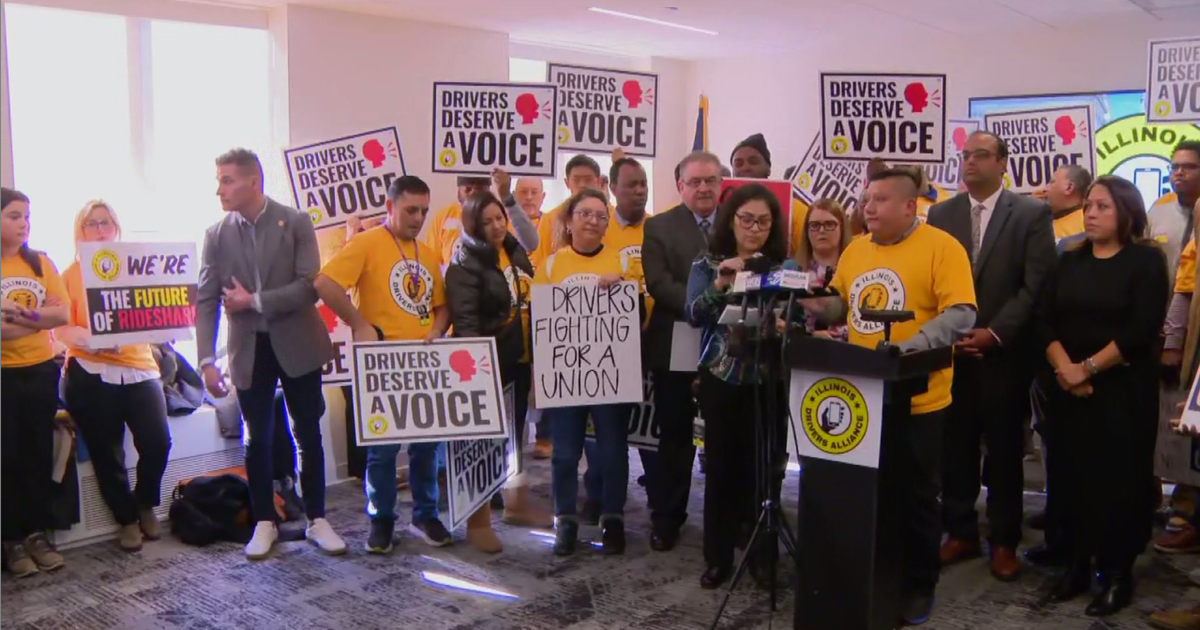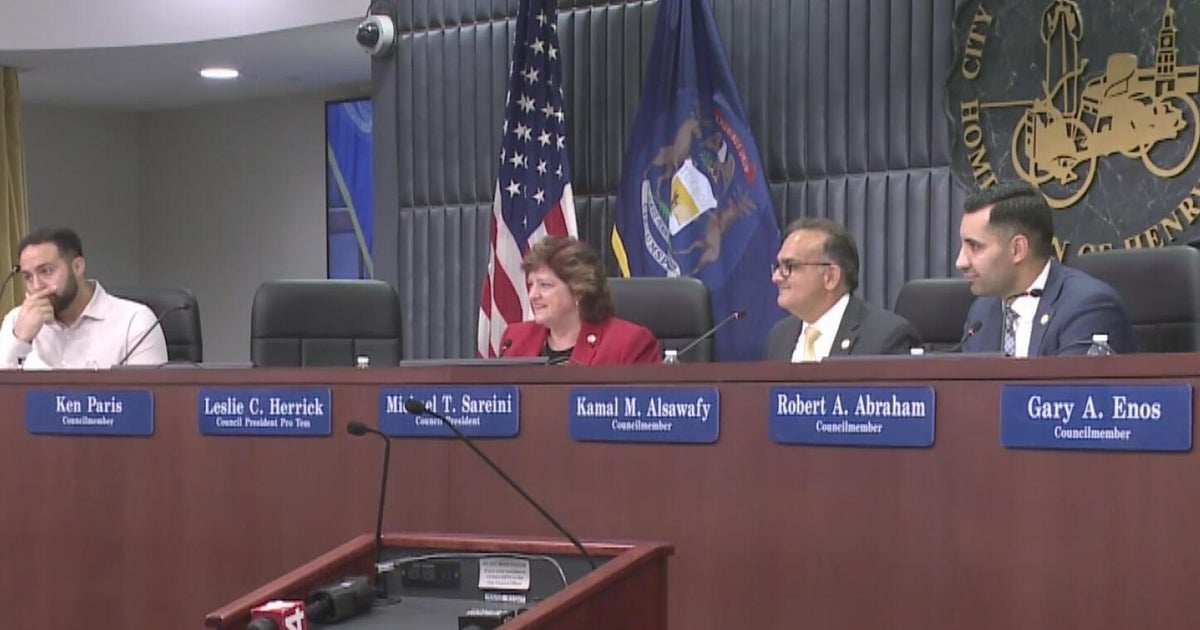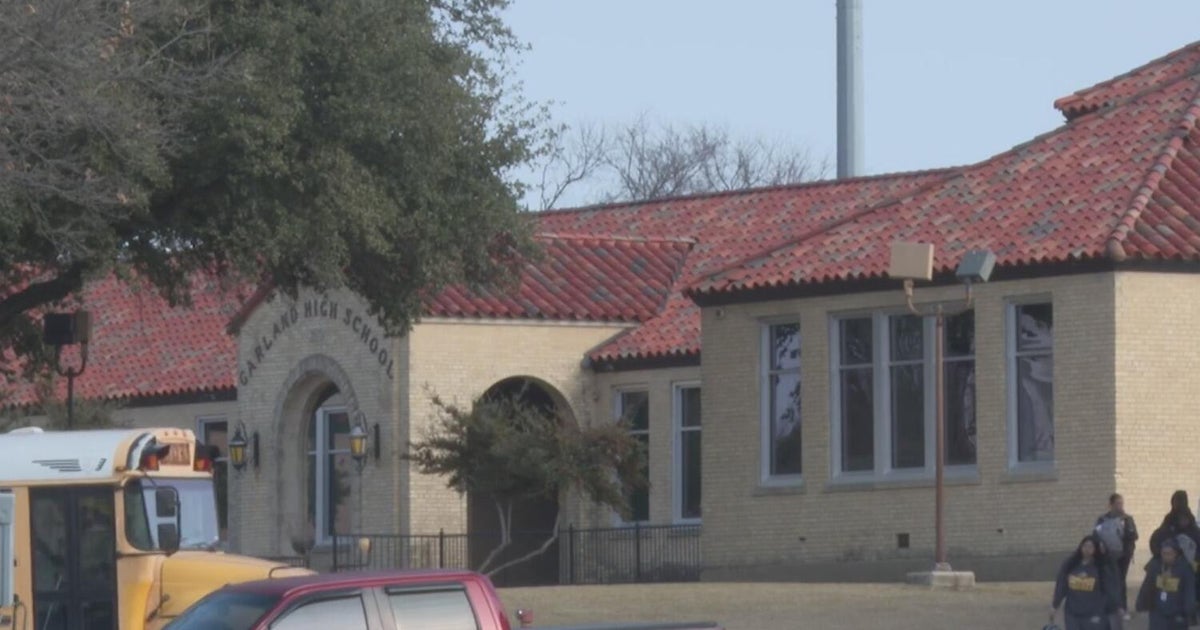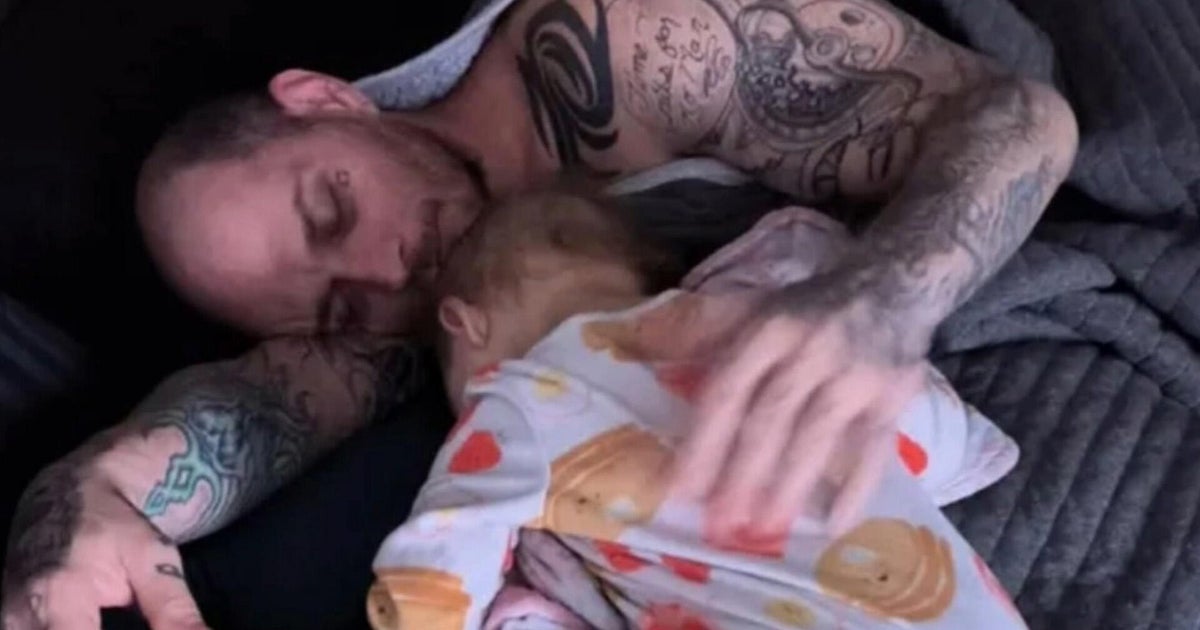Illinois Supreme Court Upholds Parental Notification Abortion Law
SPRINGFIELD, Ill. (AP) -- The Illinois Supreme Court ended a lengthy and emotionally charged legal appeal over an abortion notification law Thursday, clearing the way for the state to begin enforcing a 1995 measure that requires doctors to notify a girl's parents 48 hours before the procedure.
The court ruled unanimously to uphold a circuit court's earlier dismissal of a lawsuit challenging the law that was filed by a Granite City women's health clinic and a doctor at the University of Illinois at Chicago.
After nearly two decades, Illinois joins 38 other states in requiring some level of parental notification. The state's parental notification law goes into effect in 35 days — unless there's an appeal to the U.S. Supreme Court.
Court Upholds Parental Notification Of Abortions
Critics have long charged the state has served as a haven for teens seeking abortions from states with stricter laws on the books.
"If you look at the map, from Canada to Mexico, we were the only state (in the Midwest) that did not have parental notification," Peter Breen, a lawyer for the Thomas More Society, which defended the law in court, told the Associated Press. "We often get calls from distraught parents whose children had been brought to Illinois had abortions performed on them and then taken back to those states."
In its opinion, the state's high court noted that the nation's high court has found parental notification laws to be constitutional.
"Those precedents were followed here to find no due process or equal protection violation in Illinois," the court wrote.
Pam Sutherland, Vice President of Planned Parenthood in Illinois, said Planned Parenthood, the American Civil Liberties Union and medical providers plan to meet next week about the law's implementation and how to comply with the law.
"That's pretty fast. It is going to take us some time to make sure we have all of the documentation prepared and ready to indicate that we are following the law," she said.
The Hope Clinic for Women in Granite City said Thursday it was disappointed by the decision, but referred all other comment to lawyers at the ACLU.
The ACLU, which represented the southeastern Illinois clinic and the director of the University of Illinois at Chicago's Center for Reproductive Health, pledged to keep the battle alive.
"We will never stop looking for ways to keep this law from being enforced," Reproductive Rights Director Lori Chaiten, who argued the case, said. "(But) our immediate goal is preparing providers and teen health clinics to deal with compliance and help young women who need to go to court with a bypass to get to us so we can get them in touch with a pro-bono lawyer that can help."
Anti-abortion activists celebrated the decision, saying parents are denied basic rights when children get abortions without their knowledge. The Catholic Conference of Illinois, which is the lobbying arm for the Chicago Archdiocese, noted in a statement that parents could now "breathe a sigh of relief."
Natalie Bauer, spokeswoman for Attorney General Lisa Madigan, said Madigan's office was not surprised with the court's ruling as a vast majority of states have some form of parental involvement law.
Officials at the Attorney General's office said that the lifespan of this litigation has far surpassed most of the other cases they handle.
The Parental Notice of Abortion Act requires doctors of girls 17 and younger to notify a parent 48 hours before an abortion. Parents must sign a form acknowledging they've been notified. The form becomes a permanent part of the teen's medical record. A girl can get a waiver if a judge says notification is against her best interest, including in cases of sexual abuse. Enforcement of the law will fall to the state medical licensing board and the clerks of the court.
The law was a key part of Republicans' legislative agenda when they briefly controlled state government in the mid-1990s. But it was never enforced in Illinois because of a long string of court challenges.
A 10-year federal injunction took up most of that stretch, due to a lack of rule on the books in Illinois about a confidential process for teens to get a waiver through a judge. That rule was issued by the state Supreme Court in 2006, but lawsuits that followed held up the law's implementation.
The ACLU sued on behalf of the clinic in 2009 to block the law's implementation after a decision by the U.S. Appeals Court permitted it to take effect. It argued the law is flawed because young women are capable of making informed medical decisions and that parental involvement has not been shown to affect abortion rates.
In 2011, 37,922 Illinois residents had abortions, according to the Illinois Department of Public Health. Slightly more than 16 percent of those women were 17 or under.
(TM and © Copyright 2013 The Associated Press. All Rights Reserved. This material may not be published, broadcast, rewritten or redistributed.)







